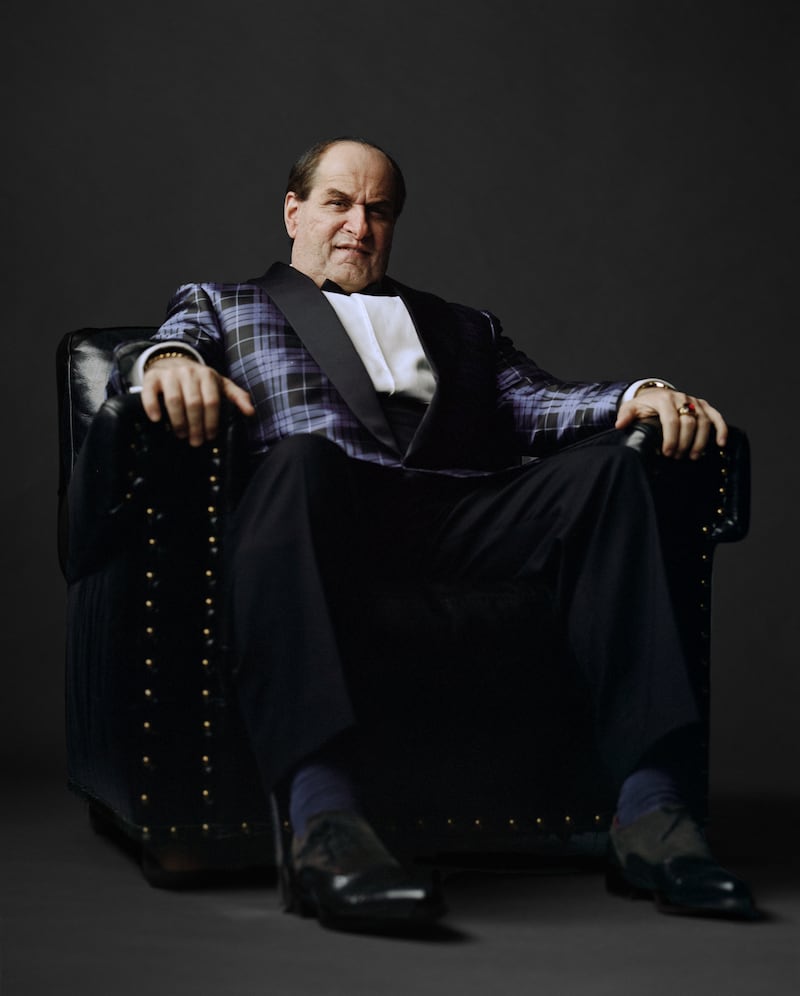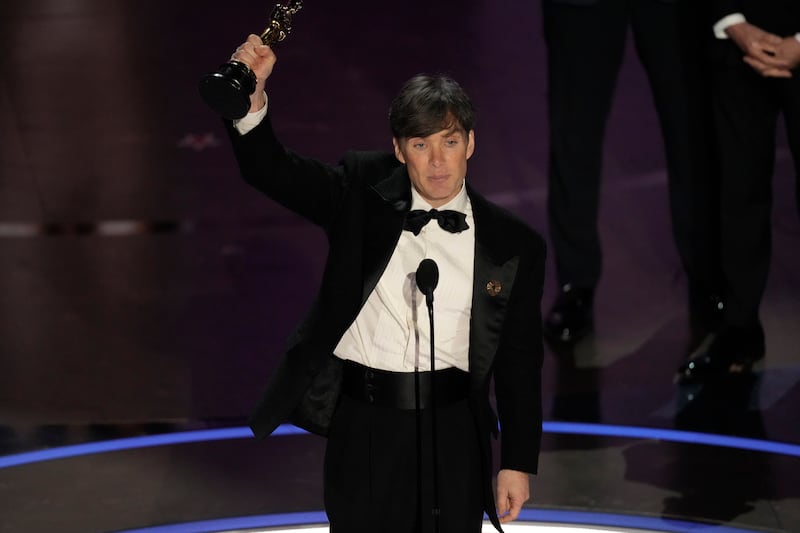IRELAND and the concept of ‘Irishness’ is now, it seems, firmly established in the cultural mainstream beyond our shores.
If I had to pinpoint when this started, I’d probably take you back to 2018, which is when Lisa McGee’s Derry Girls reached a new audience after being released on Netflix. Then came the Connell Waldron (Paul Mescal) mania which started after the release of the onscreen adaptation of Sally Rooney’s Normal People in 2020. And in 2023 Martin McDonagh’s dark comedy The Banshees of Inisherin was nominated for nine Academy Awards after its global success on the big screen.
However, the success of Irish talent in 2024 was on a completely different level. The 1960s saw the formation of the Rat Pack, the 1980s brought about the Brat Pack, and now the 2020s have seen the creation of the Pat Pack.
Cillian Murphy took home the Best Actor Oscar for his mesmerising performance in Oppenheimer and an unrecognisable Colin Farrell gave a masterful performance in his titular role as The Penguin in the HBO series.
More: How Graham Norton inspired me to write my own Nativity play - Sophie Clarke

Barry Keoghan became the internet’s ‘white boy of the month’ after his performance in the movie Saltburn. And Paul Mescal’s career has gone from strength to strength – quite literally – after starring in Ridley Scott’s much anticipated Gladiator II.

Saoirse Ronan and Nicola Coughlan both became advocates for women’s safety and body positivity respectively and Sharon Horgan announced she would be writing another series of her Primetime Emmy nominated show Bad Sisters.
More: Nicola Coughlan’s body shape in Bridgerton shouldn’t be a source of debate

Although much of Ireland’s burgeoning reputation as a creative hub is down to the talent and dedication of artists like Murphy, Mescal, Ronan and Farrell who are on the international stage, it is also a result of a significant increase in arts funding in recent years.
This has been transformational and as a result Ireland is no longer viewed as a remote and distant cultural backwater but as a cool, upcoming and happening destination. A nation that often appeared to lag behind politically and economically now appears to be incredibly progressive.
Unfortunately, the same cannot be said for the north. Last year Equity, a trade union for the performing arts, reported that funding for the Arts Council of Northern Ireland (ACNI) has been cut by 40% in the last 10 years despite the spike in tourism brought in by the likes of Derry Girls and Blue Lights.
According to ACNI, Northern Ireland spent £5.07 on arts funding per head of population in 2023/24 compared to £10.51 spent in Wales and £21.58 in the Republic.
To me it very much feels like, despite all the evident advantages, a thriving arts sector is too often viewed by politicians here as a frivolous luxury rather than an important investment in our culture and talent.
However, we can take some comfort in the fact that 2025 already seems to be shaping up as another good year for the extraordinary range of talent honed and nurtured on this island.
Andrew Scott has been nominated for a Golden Globe for his role as the title character in Netflix series Ripley as has Farrell for The Penguin.
More: New year, new me? No thanks - why I won’t be making any New Year’s resolutions - Sophie Clarke

The Irish language film Kneecap has been shortlisted for nomination in two Academy Award categories, with two Irish shorts - Room Taken and Clodagh - also in with a shout.

Whatever the outcome of these awards it is very encouraging to see this ‘creative renaissance’ sweeping across Irish arts and culture. But if the surge is to be sustained, we need to see more arts funding in the north.






